As businesses in numerous industries continue to navigate the financial disruptions caused by the COVID-19 pandemic, many are beginning to seek alternative methods of financing in order to generate much-needed capital. For numerous businesses—including hotels, restaurants, retail outlets, medical offices, franchises, and more—an innovative arrangement known as a sale-leaseback may provide an attractive solution. Offering several benefits and no significant downsides for both business owners and investors alike, sale-leasebacks essentially allow businesses to convert dormant equity in their real estate assets into liquid capital—all while maintaining management rights and control over their day-to-day operations.
Whether you are a business owner or investor, the following frequently asked questions about sale-leasebacks will provide an overview of how these transactions work.
What is a sale-leaseback?
A sale-leaseback is an arrangement in which a business sells an asset, such as its commercial property, in order to generate capital, then leases the asset back from the buyer for a designated period of time. Once the property is sold and title is transferred, the buyer effectively becomes a landlord and the seller becomes a tenant.
The parties sign a lease in which the seller-tenant agrees to make monthly rental payments to the buyer-landlord. The leases used in these arrangements are typically long-term (for example, hotel sale-leasebacks often involve an agreement of 15 to 40 years), but the specific length and rental rates depend on various factors, including the seller-tenant’s credit rating, the buyer-landlord’s financing costs, and average rates of return in the market. The standard structure is a triple net lease, in which the seller-tenant pays all expenses on the property, such as insurance, maintenance costs, and taxes. Leases may contain options for repurchase, renewal, and other forms of expansion as needed.
Once the lease is signed, the seller-tenant receives cash for the property asset and can continue to operate the business as before, while the buyer-landlord gains an investment and a steady income stream from the monthly payments.
Who should consider entering a sale-leaseback arrangement?
Sale-leasebacks are most commonly used by businesses with high-cost fixed assets, such as commercial buildings, land, or large, expensive equipment. As a business owner, you might consider pursuing a sale-leaseback if:
- You have significant equity in your property asset.
- You need to access cash that you’ve invested in the property for another purpose—such as paying off debt or investing in continued growth—but still need the property to run your business.
- You want to continue operating your business and enjoying the benefits of the cash flow that it brings.
In some situations, developers seeking to cash out early may also consider sale-leasebacks.
What are the benefits of sale-leasebacks?
Sale-leasebacks carry numerous benefits for the seller-tenant business owners, including the following:
- The ability to readily convert dormant equity in a property asset into liquid capital to meet both short-term and long-term needs. For most businesses, this is the primary advantage of a sale-leaseback. Upon selling the property, the business owner receives the proceeds upfront, allowing them to pay off debt, purchase costly equipment, or reinvest the money in a new venture. Considering that the proceeds received are often 100 percent of the property’s fair market value, sale-leasebacks generally yield more cash than traditional financing methods. In the hotel industry, for example, one of the most common methods of conventional financing is debt recapitalization, which is only yielding loan-to-value ratios of approximately 50 to 60 percent in the current landscape. Additionally, unlike loans that must be repaid and show up as a debt on a company’s balance sheet, sale-leasebacks actually improve the health of your balance sheet: liabilities are reduced by allowing you to avoid taking on more debt, while current assets are increased due to the infusion of cash.
- The ability to maintain full control over business operations and cash flow.
- Reasonably quick timeframes for due diligence and closing (which is also a benefit for the buyer-landlords).
- The ability to use the proceeds from the sale for acquisitions, thereby fueling continued growth and expansion and opening the door for profitable new investment opportunities.
- Greater flexibility and lower costs than traditional financing methods. The parties to a sale-leaseback have a significant amount of freedom in determining how to structure the arrangement, and seller-tenants typically won’t need to worry about appraisal fees, balloon payments, call provisions, and several other issues that come with traditional financing methods.
- Sale-leasebacks may offer certain tax benefits. For example, if the property asset has been in service for several years, it may have already been fully depreciated—so without selling the property, the business would no longer be able to claim a depreciation deduction for it. After the sale, however, the seller-tenant is able to take larger deductions for the lease payments, which are typically based on the property’s fair market value.
- The ability to take out construction loans.
- The ability to take out mortgages coming to term.
- Sale-leasebacks reduce the risks of owning the property that may come with market volatility.
- If a franchise agreement is in place, a sale-leaseback should not affect it.
- Sale-leasebacks may serve as a possible source of Discounted Pay-Off (DPO) financing.
For investors who become the buyer-landlords in the transaction, sale-leasebacks also offer an array of benefits. For example:
- The continuity of keeping an experienced management team in place, which helps provide assurance that the business will keep performing as well as it did before the sale-leaseback.
- A steady income stream for the life of the lease, with the potential to yield above-market returns.
- The ability to minimize risk by using a triple-net lease. This type of lease removes most of the financial responsibility from the buyer-landlord, thereby maximizing potential return on investment.
- Protection from declines in the real estate market. Since the seller-tenant agrees to make monthly rental payments based on the property’s fair market value at the time of the sale, the buyer-landlord is contractually protected from declining rental values due to market volatility. Conversely, of course, if the value of the property appreciates, the buyer-landlord will be unable to reap the benefits of the increase until the lease comes to term.
- Tax benefits, including depreciation deductions and potential investment tax credits. In addition, if the property is financed, the buyer-landlord may be able to deduct the interest on the loan. These tax benefits can help offset some of the buyer-landlord’s gains from rental income.
What are the disadvantages of sale-leasebacks?
Sale-leasebacks may be structured in a variety of ways, and outcomes may vary based on the structure of the transaction, the parties’ circumstances, and other factors. But in general, sale-leasebacks are considered a win-win situation, with minimal (if any) drawbacks for both parties. However, parties considering this type of arrangement should be aware of the following potential pitfalls:
- For buyer-landlords, there is always the risk that the business will not perform as well as it did before the sale-leaseback. As mentioned above, however, this risk is mitigated due to the continuity in management; buyer-landlords have the opportunity to thoroughly assess the business’s potential for continued success prior to entering the transaction.
- Seller-tenants lose their ownership interest in the property, and therefore will be unable to benefit from any appreciation in value. However, this is offset by the other financial benefits of a sale-leaseback.
- If there is a decline in the real estate market and rental rates fall, the seller-tenant may end up being contractually bound to pay above-market rental amounts.
In addition to these potential drawbacks, sale-leasebacks may simply not be the right choice for some businesses. For example, those with a high leverage to value may not find that they would have sufficient equity remaining after closing costs to justify the transaction.
Conducting a sale-leaseback
If you are a business owner or an investor considering entering a sale-leaseback, the key to ensuring a successful outcome is to consult an advisor with significant experience performing these types of transactions. At ZEL Capital Partners, we specialize in sale-leasebacks for businesses in a variety of industries, including restaurants, hotels, medical facilities, and more. With over 40 years of combined experience, our team has collectively arranged more than $5.5 billion of financing to help our clients achieve their goals. Our sale-leaseback experts will guide you through the process of selling your real estate asset to a qualified buyer by offering an array of services, including the following:
- Underwriting your business to meet the specifications that are expected by potential buyers in your market.
- Providing valuation services so that you have an unbiased opinion of what your property is worth before sending it out to market.
- Preparing a confidential offering memorandum that will be distributed only to qualified buyers. Our network includes dozens of qualified individuals and real estate investment trusts (REITs) that are always looking for real estate to purchase.
- Presenting you with the offers received and offering advice on which may be best for your business.
- Advocating on your behalf until the deal has closed and negotiating the best possible price and terms.
